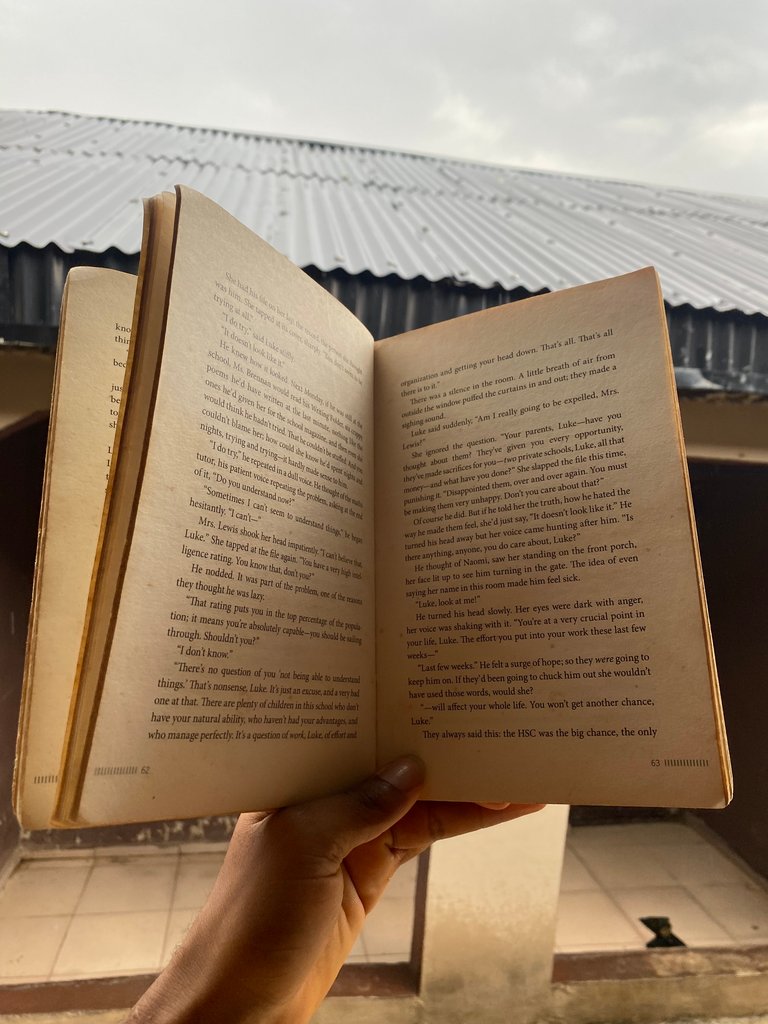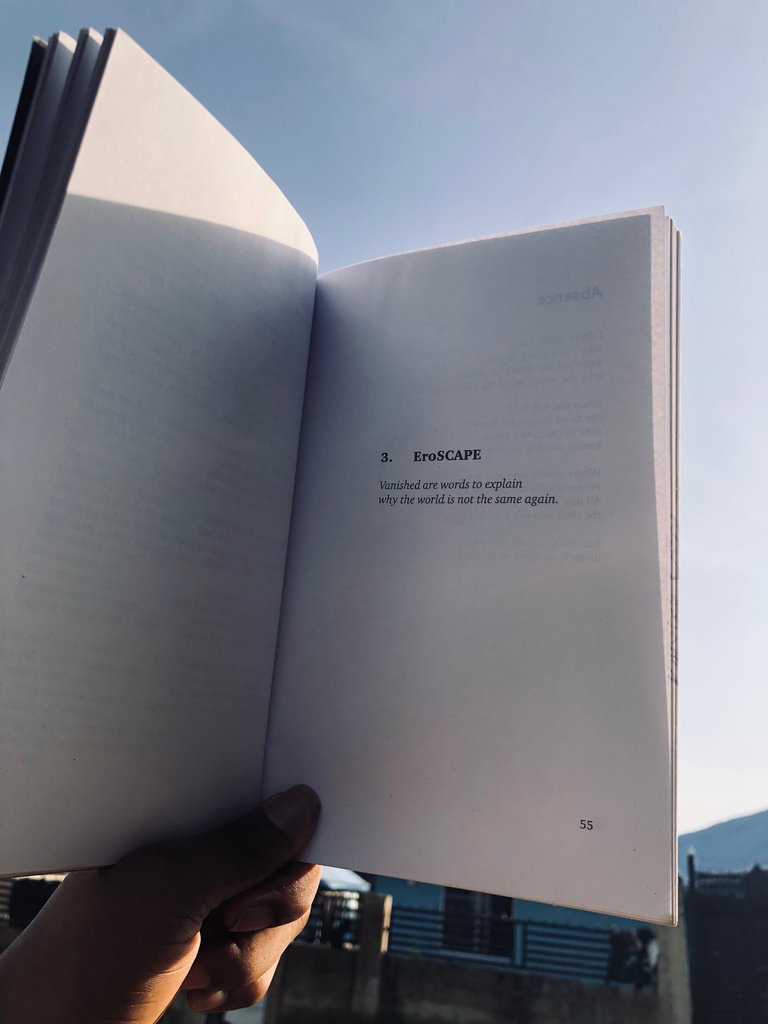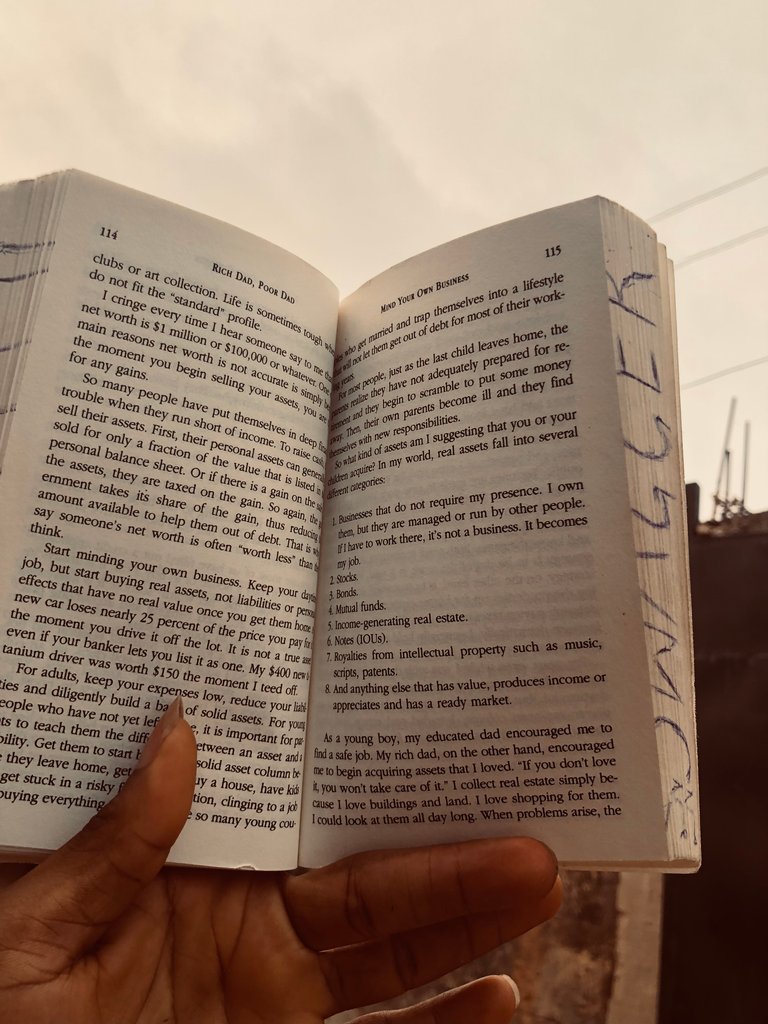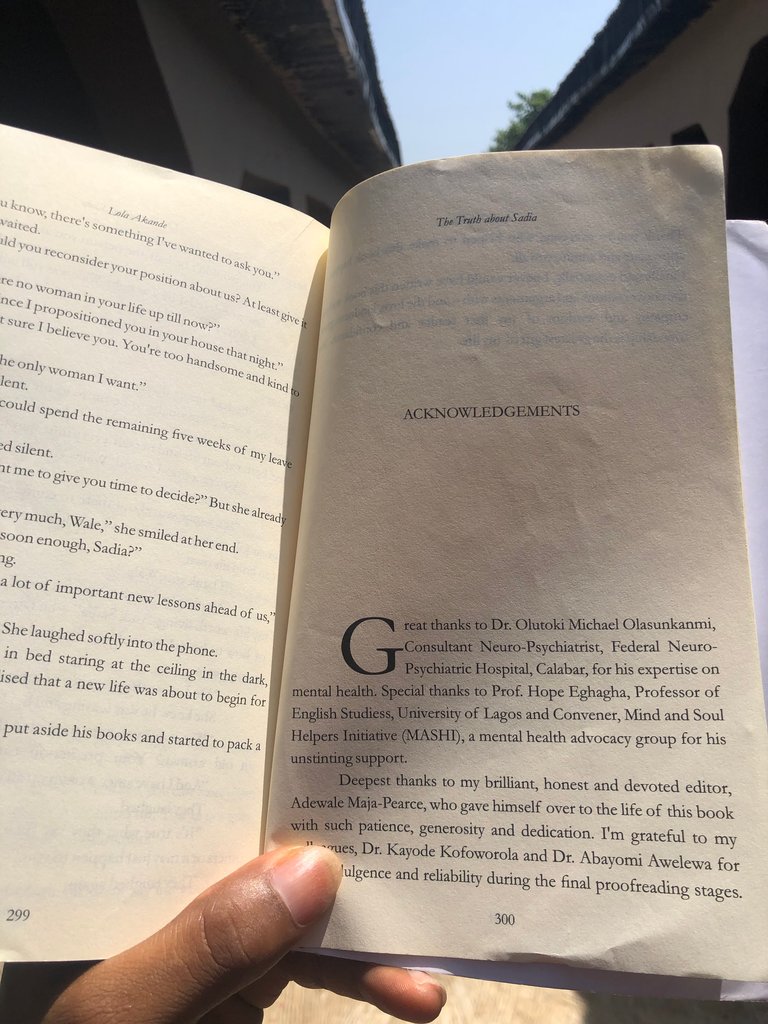
Yesterday, we had the second edition of the Hive Book Club hangout, where book lovers gathered to share their hot takes and interesting opinions about books. Last week, there were 4 of us, but yesterday’s hangout was even more lively with 6 participants! The more the merrier. Basically, what we come to do is share a recent book we have read. In this post, I’ll review one of the books I shared in yesterday’s hangout. Over the past few months, I have been focusing on reading Nigerian novels, not a deliberate choice, but one of my courses for the semester is Nigerian Literature- where we read and analyze novels by Nigerian authors from the onset to contemporary times. The book I shared yesterday was Efuru by Flora Nwapa.
Florence Nwanzuruahu Nkiru Nwapa was a Nigerian writer, famously known as the mother of Nigerian literature. Amos Tutuola who published The Palm Wine Drinkard was the first person to write a novel in Nigeria. However, Flora was the first internationally recognized female African writer. She is best known for exploring traditions, particularly the Igbo culture. So, if you’re a book lover who is interested in reading works that explore other country’s cultures, then this book is for you. I haven’t read many of Flora’s works, but with the things I read online, I am certain that most, if not all her works explore Nigerian cultures and traditions.

Efuru by Flora Nwapa was published in 1966, six years after Nigeria gained independence. The novel takes us on a profound exploration of womanhood and motherhood. Basically, what it means to be a woman in a patriarchal society. Efuru, the protagonist, comes from a rich, powerful, and well known family. Her mother died when she was young, but her father who is famous in their town, raised her and provided her with everything. Interestingly, Efuru fell in love with a peasant. A nobody. Why would a pretty, wealthy, and young woman fall in love with a peasant? Well, I guess love doesn't care.
In the Igbo tradition, men are expected to pay a dowry before they get married. However, Obi, Efuru -soon-to-be husband, was poor and broke. Yet, Efuru left her father and moved into his house. In the Igbo culture, it is believed that a child is what makes a woman complete. So, if you don’t have a child, your marriage has not been completely sealed. After one year, two years, and the third year, Efuru finally gave birth to her first child. One would expect that Obi, her husband should treat her well, considering that she brought herself down and that she had bore him a child. Ironically, he starts cheating on her. Will Efuru go back to her father’s place? Why did Obi’s attitude change completely? What triggered it? Read the book to find out.

One thing I love about this book is that the author uses simple, yet descriptive and creative words. I have read so many books, both fictional and non-fictional works. One thing many writers fail to understand is how to keep readers glued to their stories. A book can be bulky and heavy, but still interesting. Other writers can write a bulky book that’d make you bored and sleepy. You might even annoyingly put it away. It is all about finding the right strategies to keep your audience glued to your work. For example, Wole Soyinka writes in a confusing and complex way, which is why I don’t enjoy reading his works. Have you ever read a book where you have to read a page over and over again before you finally grasp what the author is trying to pass across? In my opinion, that is the type of writer Wole Soyinka is.

On the other hand, Flora Efuru is simple, yet beautiful and creative. It is the kind of book that keeps you glued from the beginning till the end. I enjoyed reading this book and I recommend it to all book lovers.
Every Saturday, at around 3pm EST, we come together in the Hive Book Club community to share our thoughts on books. I hope to see some of my friends, @kaibagt and @bipolar in the next hangout.
Posted Using INLEO

